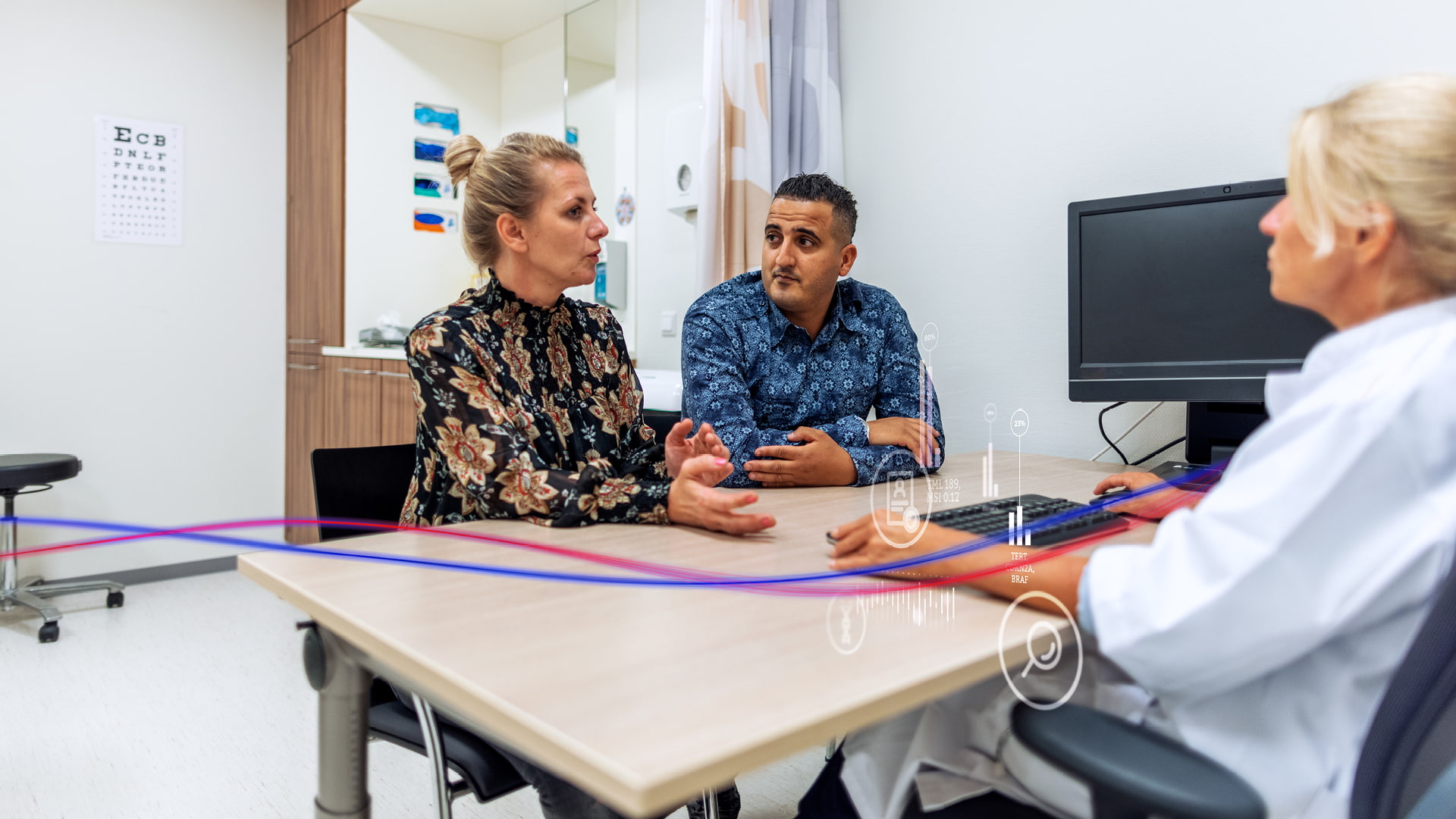
DNA
- Algorithms
- Billing code
- Biomarker
- Cancer of Unknown Primary
- cfDNA
- DNA
- Education
- End of Treatment
- GENAYA project
- Hartwig Medical Database
- Hartwig Medical Foundation
- Innovation
- IT
- Lab process
- Learning healthcare system
- Molecular diagnostics
- OncoAct
- Participating hospitals
- Patients' stories
- Personalized treatment
- Quality
- Rare cancers
- Re-use data
- Research
- Scientific publications
- Uncategorized
- Whole genome sequencing
- Working in the cloud

The Importance of Analyzing the DNA of Rare Tumors
One in four patients has a cancer type that is considered rare, meaning it occurs in fewer than six out …

Whole Genome Sequencing on Cerebrospinal Fluid: No Biopsy, Yet a Report
Whole genome sequencing is typically only performed on tissue biopsies. In collaboration with Hartwig Medical Foundation, a clinical molecular biologist …

Breast cancer awareness month
October is the international breast cancer awareness month. Breast cancer is the second most common type of cancer, and the …

GLOW: working toward more treatment options for glioblastoma
The outlook for patients with glioblastoma has been unfavorable for years, and treatment options remain limited. That is a reason …
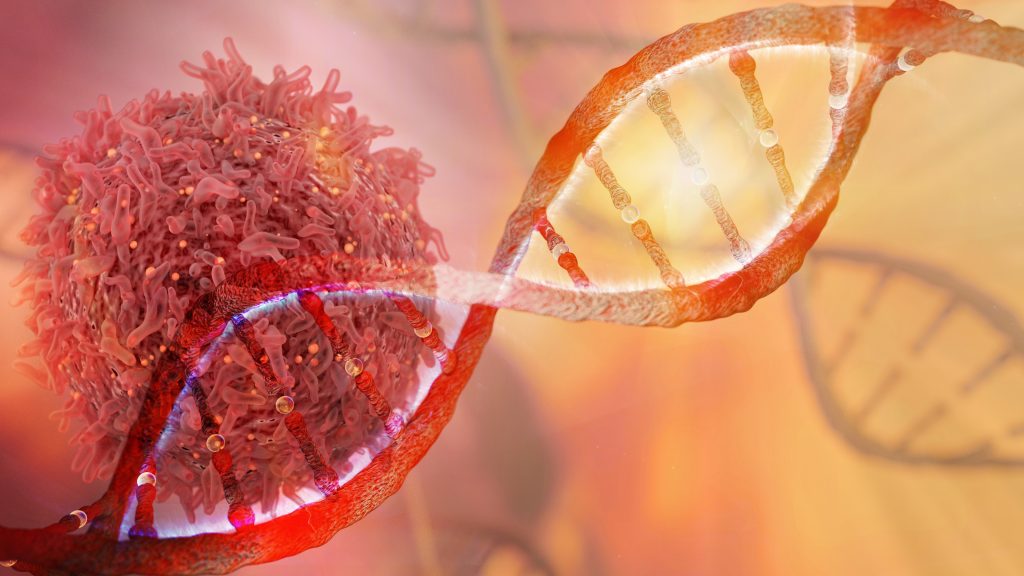
Unique insights in the differences between primary and metastatic cancer by large-scale DNA data analyses
Researchers have obtained valuable insights into the development of tumors from a unique Dutch data collection. These insights provide relevant …
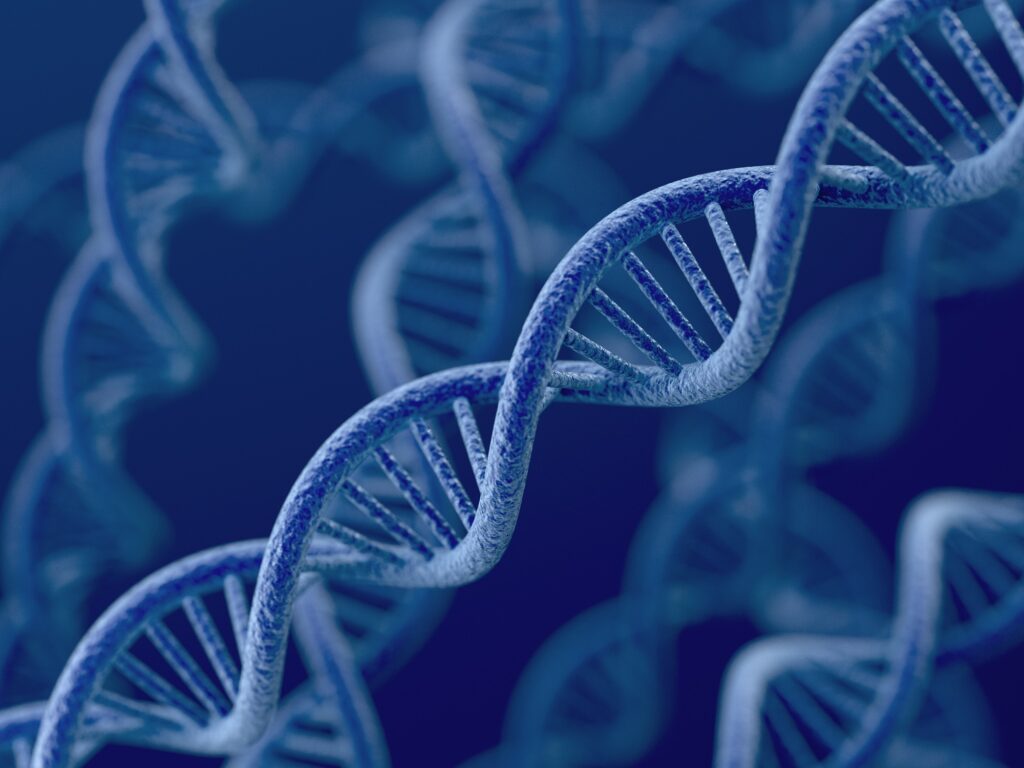
Unraveling of genetic mechanism behind tumor formation may improve targeted treatment for cancer patients
Genetic alterations in the FGFR2 gene occur in various cancer types and represent a promising target for therapies. However, clinical …
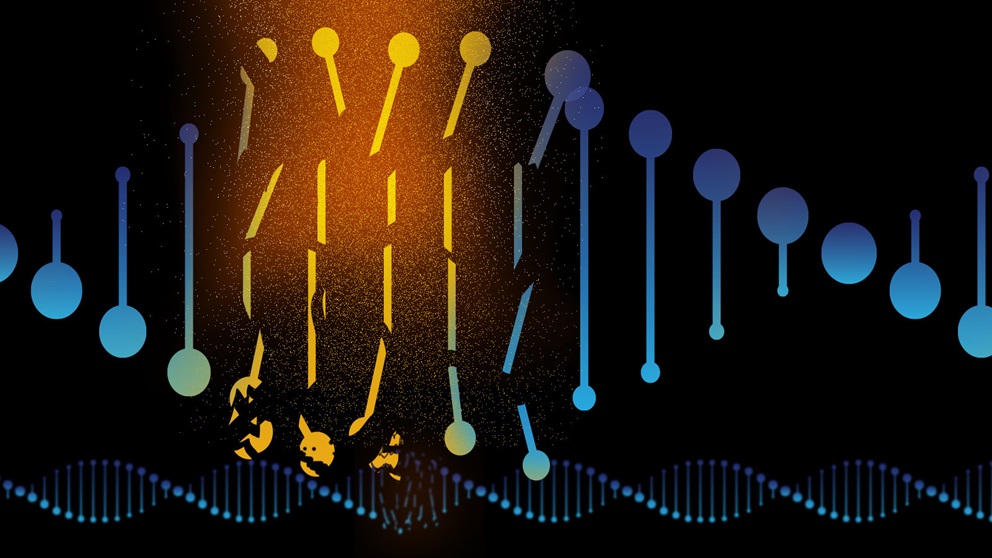
Measuring the effects of radiotherapy on cancer may open up avenues for treatment
Radiotherapy works by damaging the DNA of cancer cells. It’s an effective strategy overall, but many cancers have subsets of …

Take a virtual tour of our laboratory: from the biopsy to the patient report
What happens to your tumor tissue and blood during a comprehensive DNA test? What exactly does all the complex equipment …
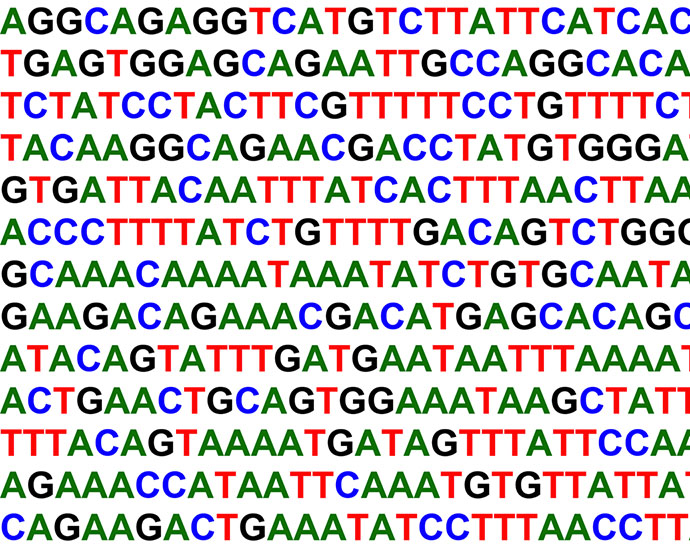
SAGE: New algorithm for analysis of tumor DNA reveals mutations previously not found
At Hartwig we “analyse sequenced tumor DNA”. This is something we try to continuously improve. These analyses are shared with …
Videos
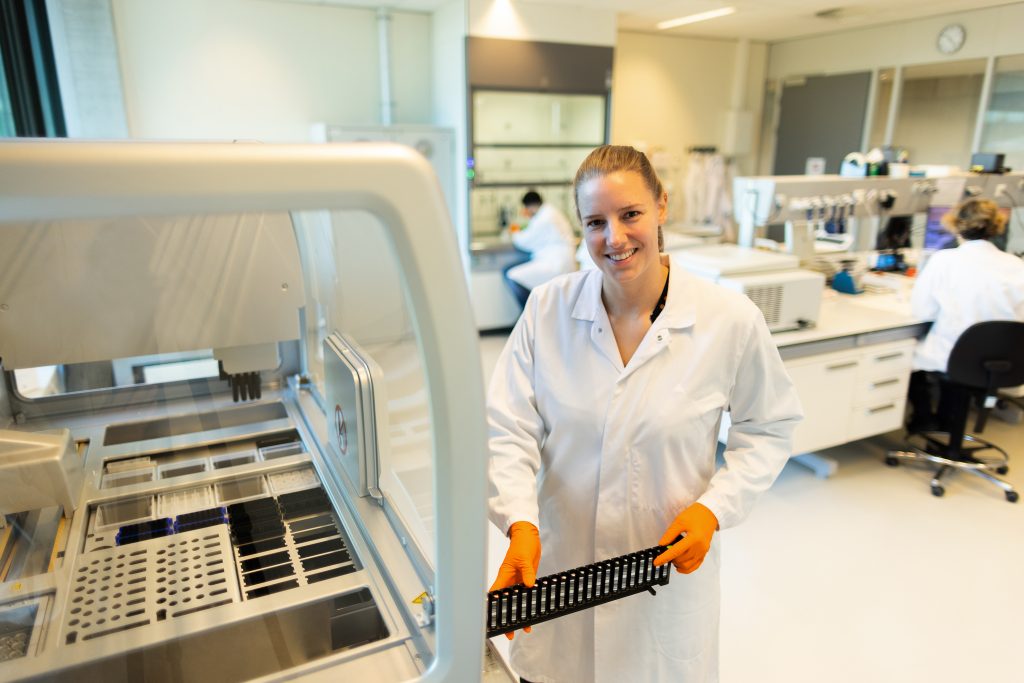
From biopsy to patient report
The comprehensive DNA test can provide patients with cancer with more opportunities for treatment. Using the technique of Whole Genome …
Read more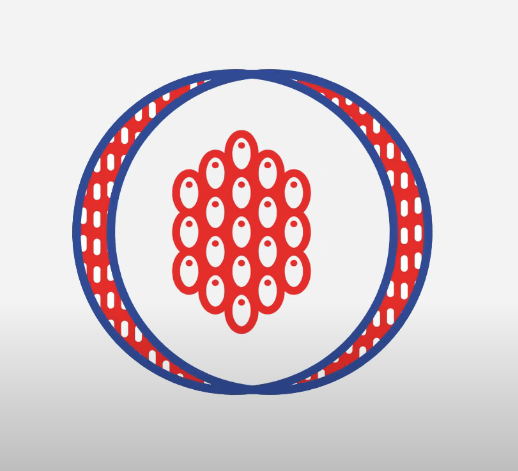
What does Hartwig Medical Foundation do?
Hartwig Medical Foundation is a unique initiative that makes possible progress in the research of treatment of cancer in the …
Read more
It is essential to record and share data to ensure good care.